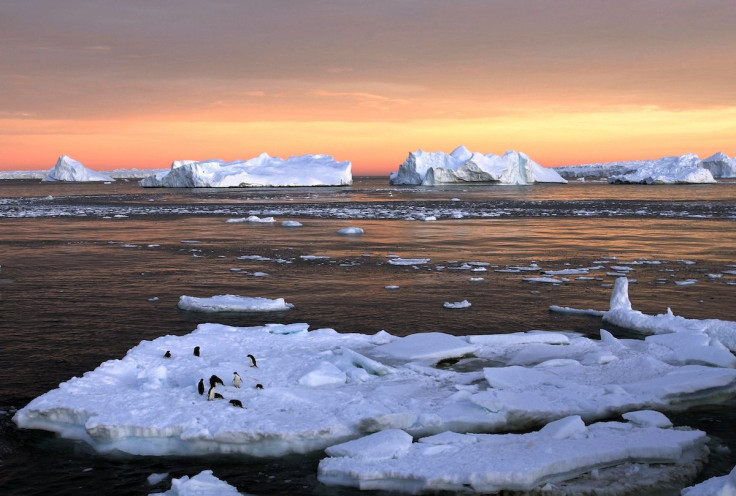Chinese Travel To Antarctica Heats Up, Causing Concern For Habitat

Despite its extreme distance from the inhabited world and its temperature, Antarctica is becoming a hot destination for Chinese tourists.
Its growing popularity among the Chinese is causing some alarm for a territory that does not have the infrastructure to handle the potential thousands of tourists coming from China. According to a report by the South China Morning Post, a group of more than 100 mainland Chinese tourists visited China's Great Wall research station, located on King George Island, via Chile for the Lunar New Year holiday. State-owned Xinhua News Agency reported that the research station was barely able to cope with the crush of tourists as scientists based on the island tried to go about their work.
“As rising numbers of Chinese travel to Antarctica. The Chinese government should issue regulations to help protect its sensitive and unique environment,” Dai Bin, director of the China Tourism Academy, said. The frigid continent is a special area, with permanent research stations set up by several governments for scientific studies and other work. As a result, its inhabitants, other than indigenous animals, are scientists on a yearly rotational basis, and are not equipped to handle large numbers of tourists.
According to the report, China is becoming one of the fastest-growing markets for Antarctic tourism. During November 2011 to March 2012 more than 2,300 tourists from mainland China traveled to the Antarctic Circle, coughing up a hefty chunk of cash to travel to the world’s southernmost continent. Depending on the length of the trip, all-expense inclusive travel for one to two weeks will set you back anywhere from 100,000 yuan to 500,000 yuan, or $16,500 to $82,500. One freelance travel writer named Zhang Yifan went on the tour last Lunar New Year, along with 200 fellow mainland tourists, many of whom, he said, were businessmen.
Though China’s government issued some travel regulations last year for its huge numbers of internationally bound tourists as a result of some cringe-worthy stories of misbehaving tourists overseas, etiquette in Antarctica is not the problem. “I don’t think mainland tourists behaved differently compared with those from other countries,” Zhang said. “I didn’t see anyone throwing rubbish or spitting. The only problem was that sometimes tourists got a bit closer to photograph animals than the tour guide had advised them.”
According to Dai, the answer is not to add infrastructure, hotels, and other tourist-friendly spots, but rather the opposite. The bigger issue is that the natural environment is a key component of scientific research in the area. Keeping the impact on the environment to a minimum is key, assuring that research will not be affected.
© Copyright IBTimes 2025. All rights reserved.






















